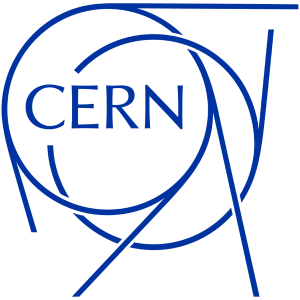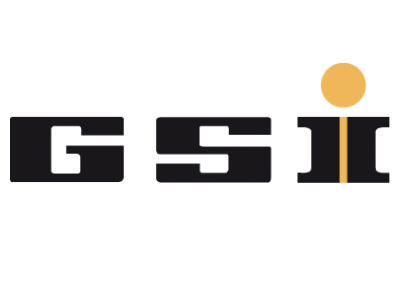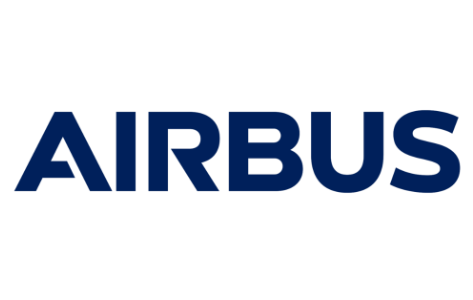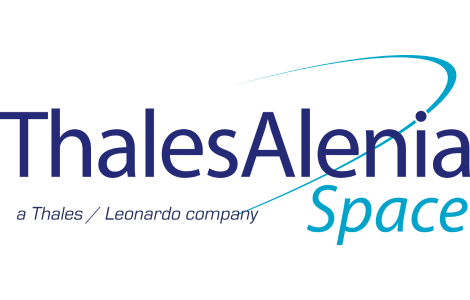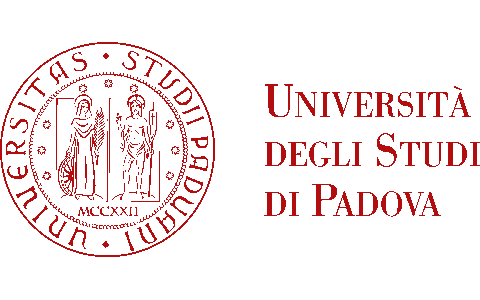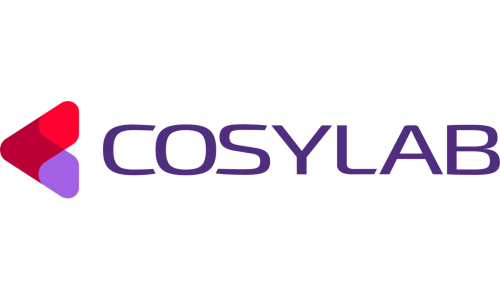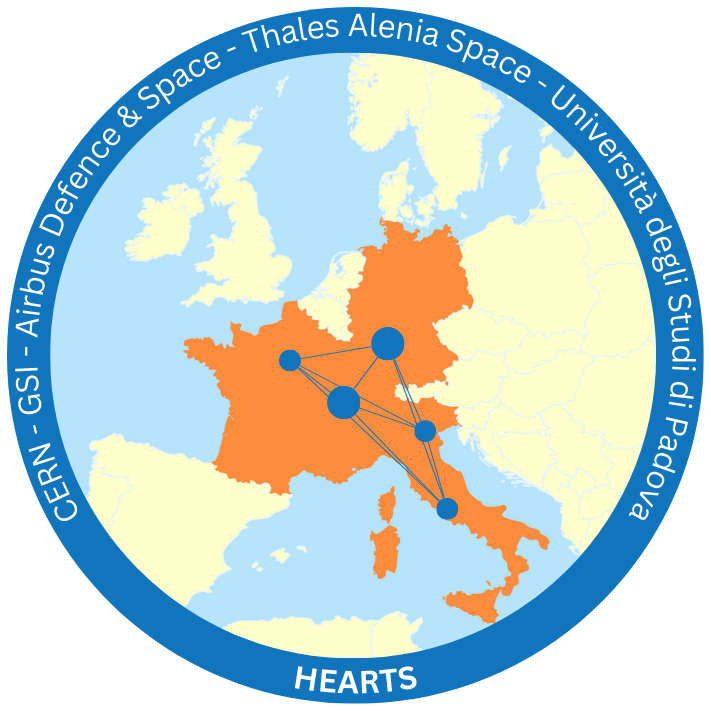The HEARTS project is funded by the European Union under Grant Agreement No. 101082402, through the Space Work Programme of the European Commission.
- Programme: HORIZON Europe
- Grant agreement ID: 101082402
- Duration: January 2023 – December 2026
- Total budget: € 3 599 965,00
- Total EU contribution: € 3 599 965,00
- Project coordinator: Rubén García Alía (CERN)
- Consortium:
- European Organization for Nuclear Research (CERN),
- GSI Helmholtzzentrum für Schwerionenforschung (GSI),
- University of Padua,
- Thales Alenia Space,
- Airbus Defence and Space,
- Cosylab
HEARTS on the European Commission's website
The main purpose of the HEARTS project is to provide high-energy (>100 MeV/n) heavy ion accelerator access to space users that can mimic the effects of Galactic Cosmic Rays (GCR), thus fulfilling the needs of microelectronics qualification and shielding & radiobiology experiments. Other than mimicking the effects of heavy ions present in the GCR spectrum these ions will also ensures penetration levels large enough to enable electronics testing in air, without the need of electronics device preparation (e.g. de-lidding, thinning) and at board and box level. High penetration ion irradiation is essential in order to facilitate the exploitation of high-end microelectronics technology in space, e.g., onboard artificial intelligence or Big Data processing applications.
The HEARTS project features CERN and GSI as accelerator infrastructure partners, who also gather a vast experience and knowledge in radiation effects on electronics, and shielding & radiobiology, respectively.
Moreover, HEARTS features also the University of Padua as academic partner, and Thales Alenia Space and Airbus Defence and Space as industrial participants, all of which have ample experience in the radiation effects domain, and a strong interest in VHE ion testing. The academic and industrial partners will define the requirements, both technical and procedural, for VHE ion user facilities. Such requirements will serve as input to CERN and GSI and will be implemented as upgrade which, once completed, will be scrutinized and validated by the industrial and academic partners, through “real case” experimental campaigns that will in turn serve as input for the development of VHE ion testing recommendations and guidelines.
In February 2024, Cosylab, from Slovenia, joined HEARTS thanks to additional EU funding through the Hop-On programme. It will contribute to HEARTS by providing its expertise and experience in the field of control system protocols and user interface tools.
Therefore, in final instance, HEARTS ambitions to create a high quality and sustainable VHE ion irradiation capacity in Europe, accessible to and tailored for space users and applications.
